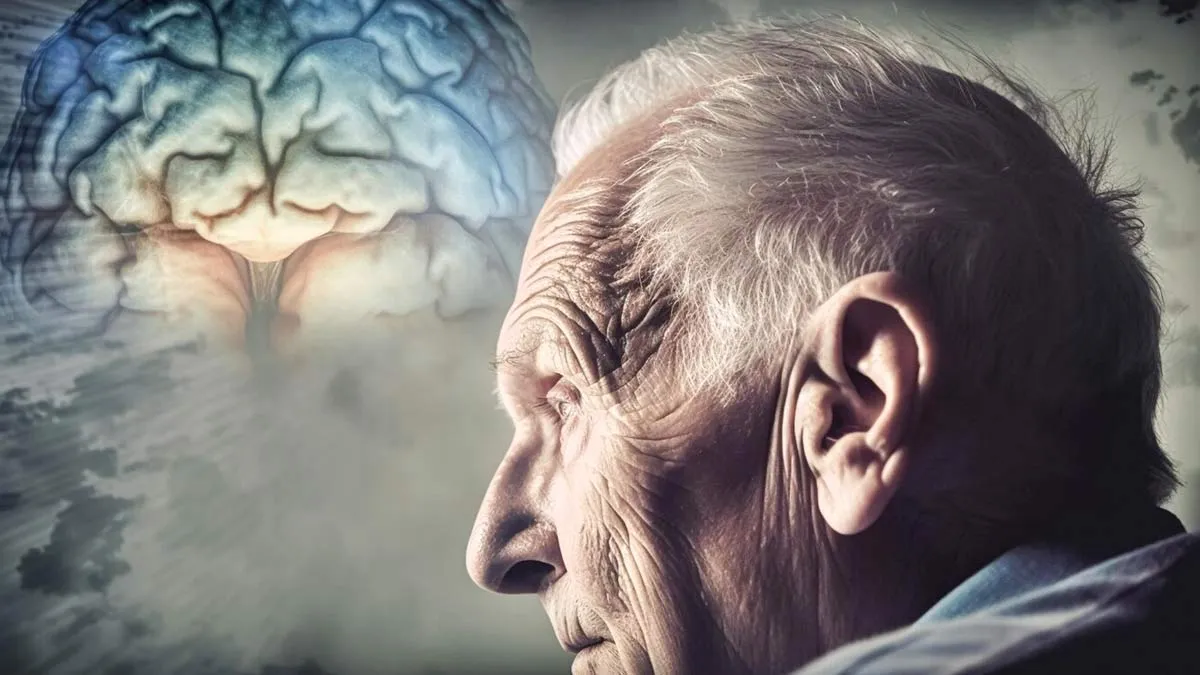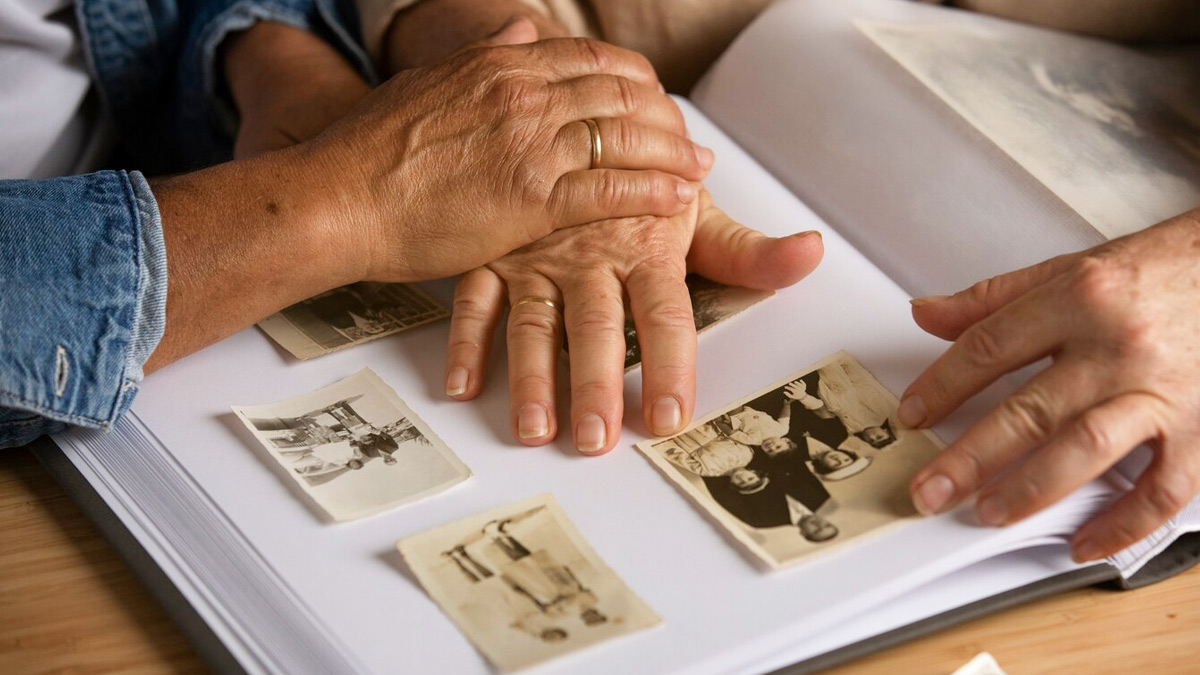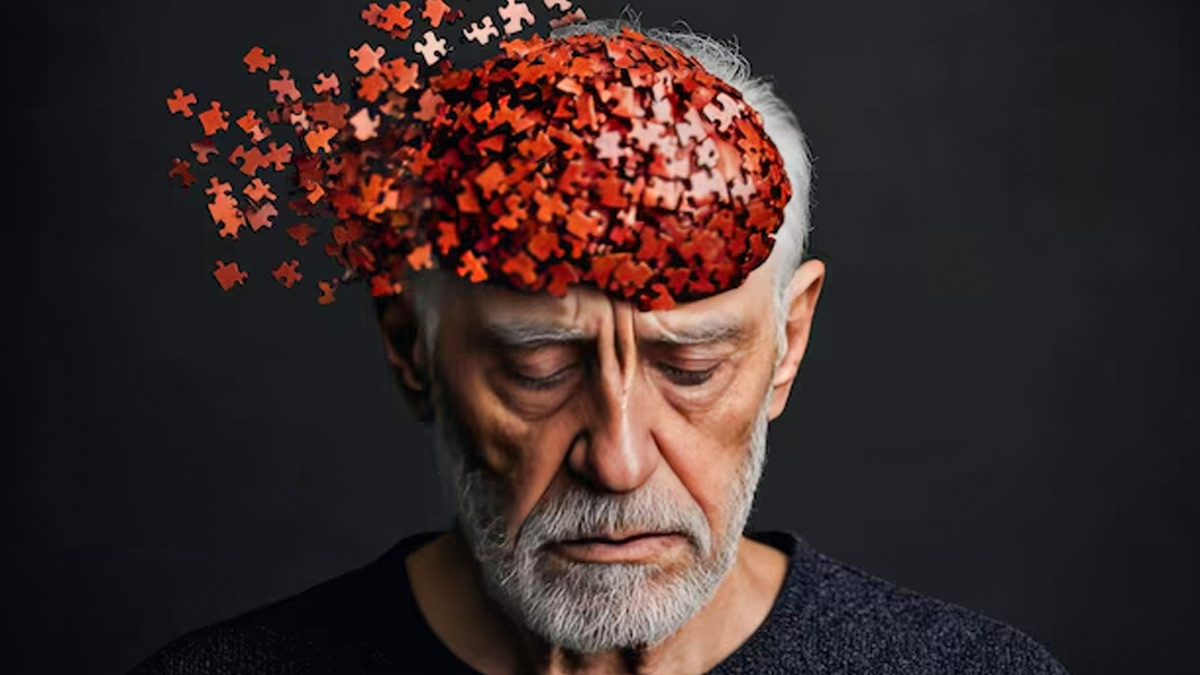
When old age strikes, it does so with significant impact on our health, giving rise to several health issues. Alzheimer's disease is one of the many conditions people become more prone to as they age. It is a progressive neurodegenerative disorder that mainly affects one's thinking, memory, and behaviour. What's interesting about the disease is that it affects individuals slowly, in stages, interfering with their daily life and activities.
Table of Content:-
In an interaction with the OnlyMyHealth team, Dr Sumathi Reddy J, Senior Consultant Neurologist, Gleneagles Hospital, Lakdi Ka Pul, Hyderabad, discusses the various stages of Alzheimer's disease, how symptoms differ in each of these stages, and how caregivers can handle the ever-changing situation.
Also Read: Dementia Isn’t Just Memory Loss: Surprising Symptoms You Shouldn’t Ignore
Early Signs Of Alzheimer’s Disease

From a neurologist’s standpoint, Alzheimer’s typically begins with subtle but progressive memory lapses that go beyond normal ageing, says Dr Reddy, sharing some of the early signs that should not be overlooked or missed. These include:
- Frequently forgetting recent conversations or appointments
- Repeating the same questions
- Trouble recalling names or finding the right words
- Misplacing items and difficulty retracing steps
- Mild disorientation in familiar places
According to a study published in Frontiers in Aging Neuroscience, Alzheimer’s disease and other dementias are becoming a growing concern as our population ages. Between 1990 and 2019, the prevalence jumped by nearly 161%, where more elderly people are at risk.
Women are affected more frequently than men, but the rate of increase is faster in men, reflecting a growing health challenge for both genders, the study noted.
What Are The Different Stages Of Alzheimer’s?

According to Dr Reddy, Alzheimer’s progresses in three key stages:
Early or mild stage: Patients experience short-term memory loss, difficulty with focus, and slight confusion. They may still function independently but require reminders or help with complex tasks.
Middle or moderate stage: Symptoms expand to include impaired language, disorientation, difficulty recognising people, personality changes, and assistance with daily activities.
Late or severe stage: There is severe cognitive decline. Patients may lose mobility, speech, and the ability to eat or recognise loved ones. Full-time care is often needed.
The rate of progression varies between individuals based on genetics, comorbidities, and lifestyle.
Also Read: 75-Year-Old Grandfather Shares Unusual and Fun Routine to Delay Signs of Dementia on TikTok
Does Memory Loss Differ In Each Stage Of Alzheimer’s?
Dementia is one of the most common consequences of Alzheimer's disease. While many people confuse it to be a condition, it is actually a general term for a decline in mental ability. This means that it is not a specific disease but refers to a group of symptoms, which include memory loss.
When it comes to Alzheimer's, memory loss can look different in each of its stages. According to Dr Reddy:
- In the early stages, memory loss is mostly confined to new or recent information. Patients forget appointments, names, or recent events but recall childhood memories.
- The middle stage is characterised by memory that becomes patchier, meaning patients may forget family details, get lost, or mix up timelines. Episodic memory and orientation are notably affected.
- Late-stage Alzheimer's leads to near-total memory loss, wherein patients may not recognise family, forget their own identity, and lose basic skills like dressing or feeding.
Memory deterioration in Alzheimer’s is directly linked to progressive damage to the hippocampus and surrounding cortical areas, Dr Reddy explains further.
How Do Symptoms Change As Alzheimer’s Disease Progresses?

In addition to changes in the severity of memory loss, other symptoms of Alzheimer’s may also change as per the stages.
- Early stage: Changes in mood (mild depression, anxiety), forgetfulness, and reduced ability to handle complex tasks
- Middle stage: Language impairments, delusions, wandering, and sleep disturbances
- Late stage: Loss of verbal skills, immobility, incontinence, risk of infections like pneumonia, and complete dependency on caregivers
The progression reflects widespread neuronal loss across the brain, not just memory-related centres.
How Caregivers Can Prepare Themselves?
For people taking care of individuals with Alzheimer’s disease, here are some expert-recommended tips to prepare yourself:
- Start early discussions around legal, medical, and financial planning.
- Establish routines to reduce confusion and anxiety.
- Modify the environment for safety (e.g., label rooms, remove tripping hazards).
- Explore long-term care options like day programmes, in-home assistance, or residential care facilities.
- Educate caregivers about disease progression to reduce burnout and improve coping.
- Proactive planning helps preserve dignity and quality of life for both patients and caregivers.
Conclusion
While there is currently no cure for Alzheimer’s disease, several treatments can help slow its progression or ease its symptoms. Staying aware of its stages, recognising the early warning signs, and preparing yourself as a caregiver can make a huge difference in navigating the journey. Additionally, it is always a good idea to reach out to a doctor for guidance or support, especially during difficult moments or when you’re feeling overwhelmed.
Read Next
Stiff Person Syndrome Is Rare And Therefore Easily Misdiagnosed: Early Signs To Watch Out For
How we keep this article up to date:
We work with experts and keep a close eye on the latest in health and wellness. Whenever there is a new research or helpful information, we update our articles with accurate and useful advice.
Current Version